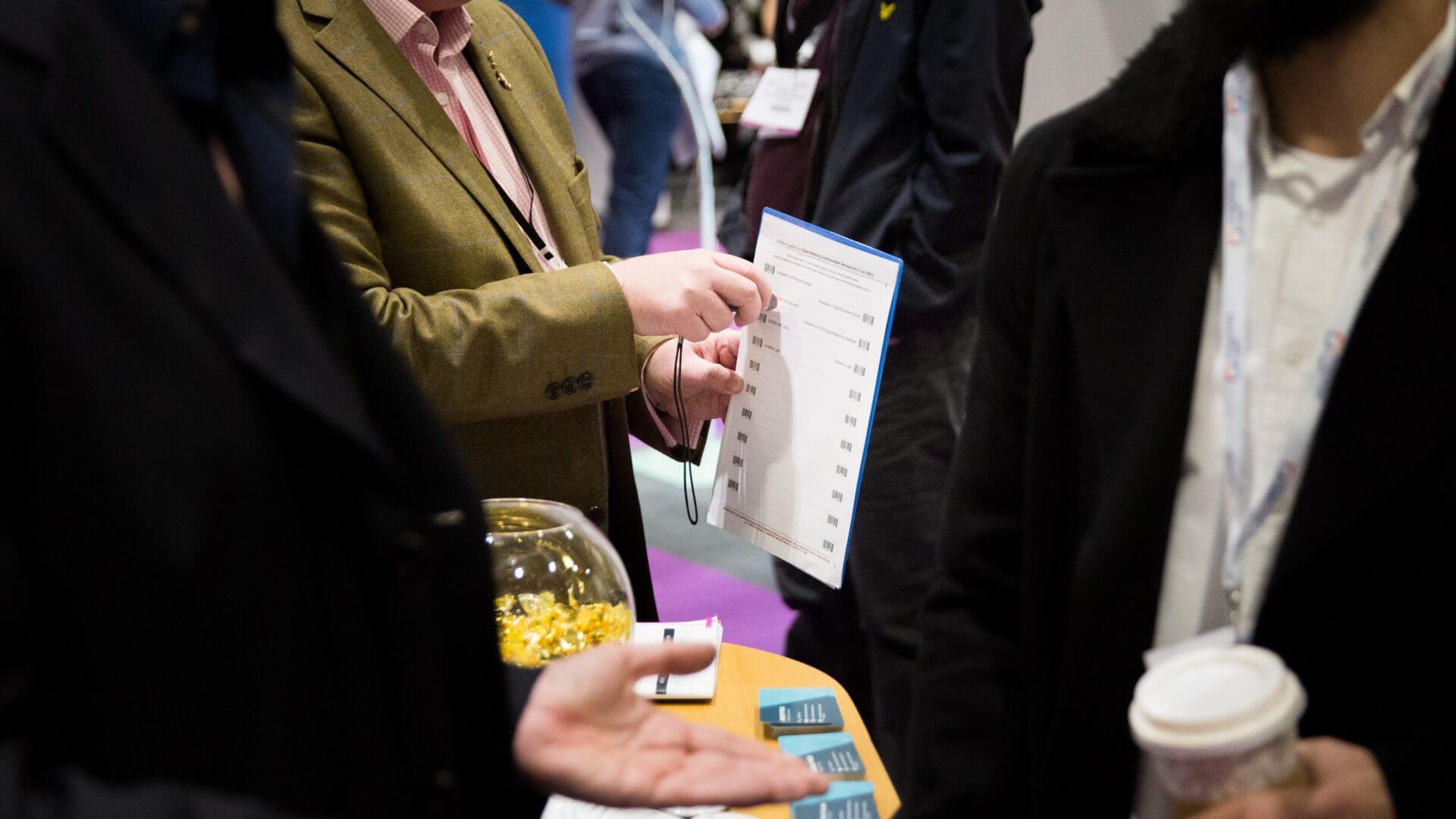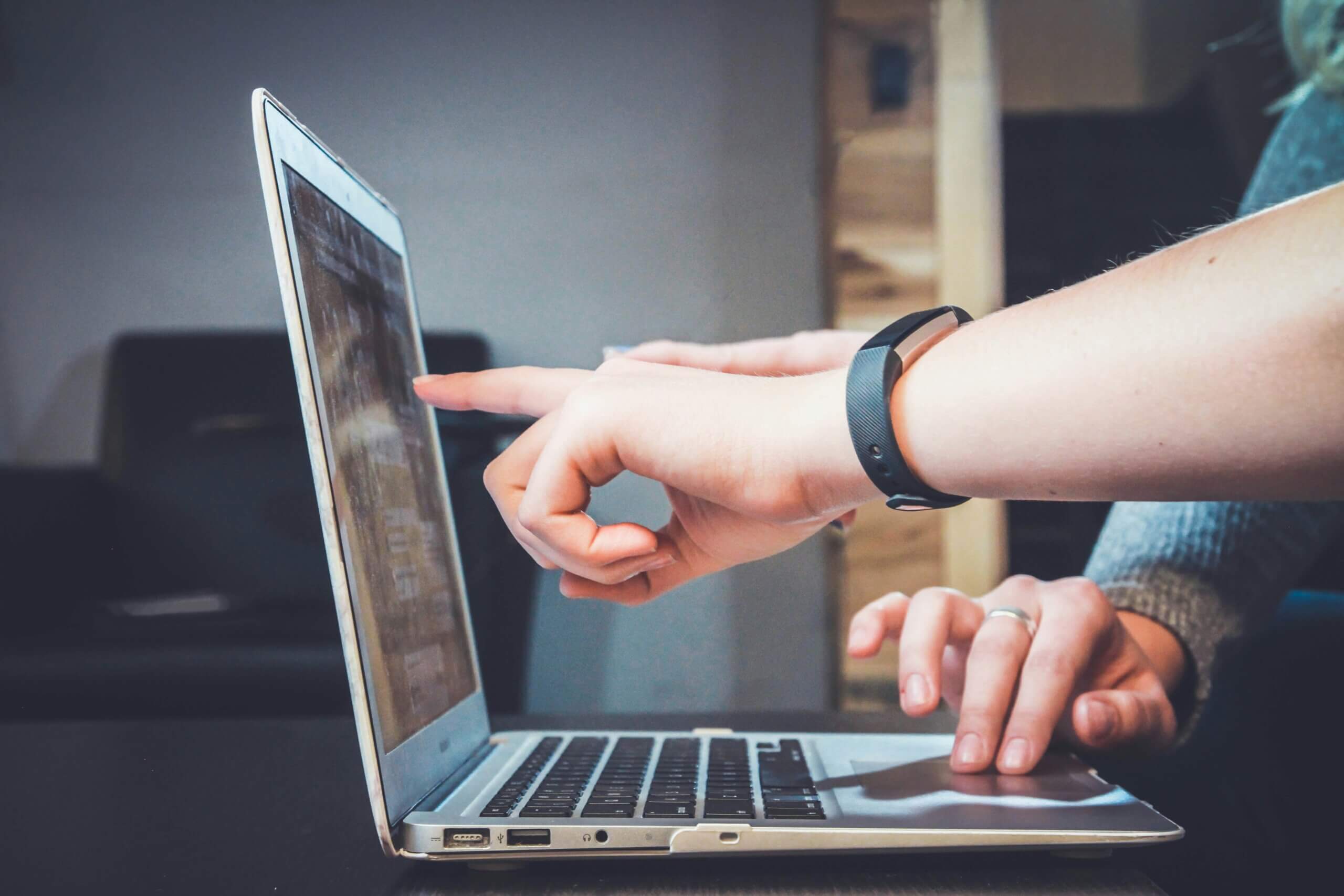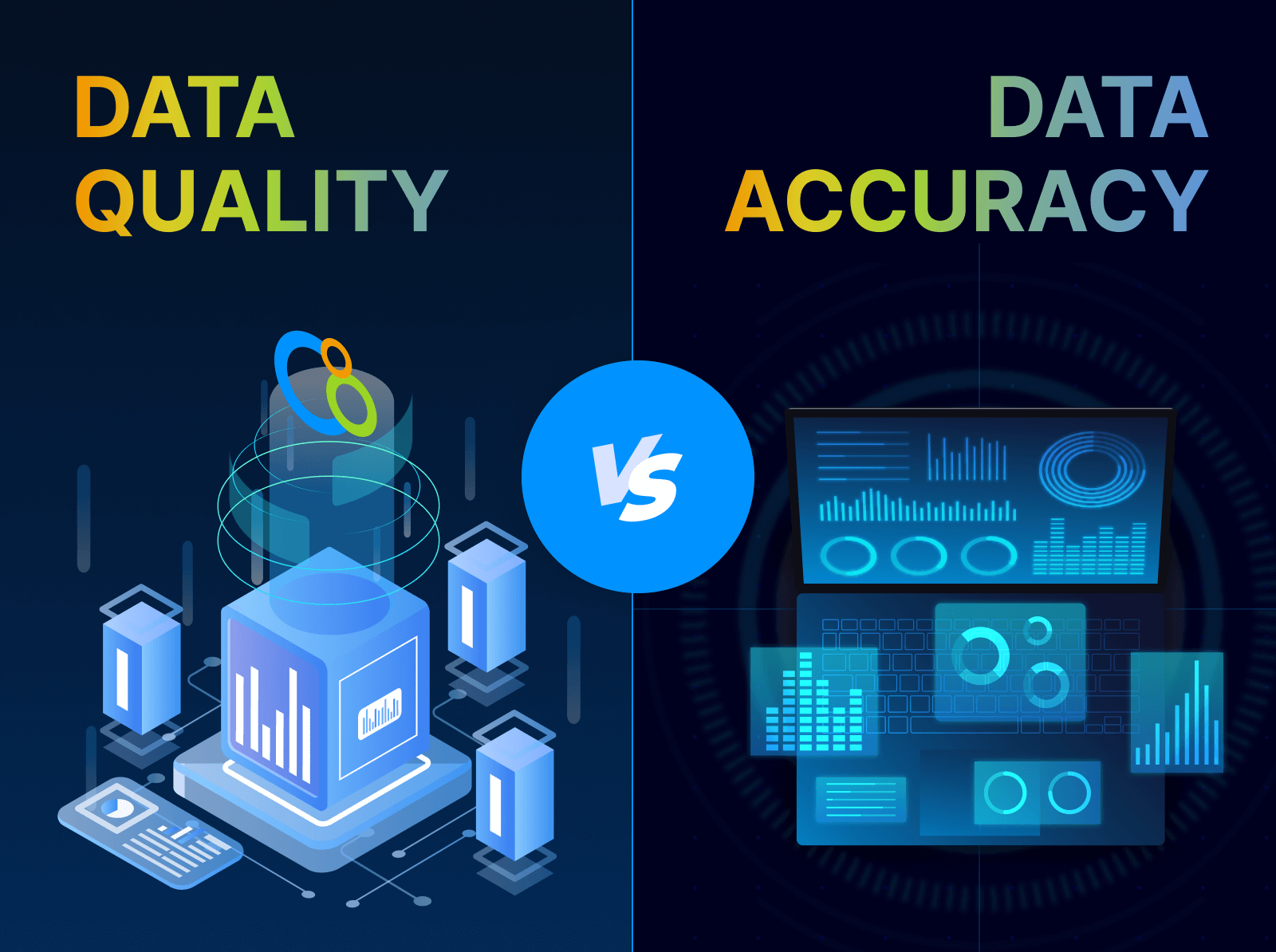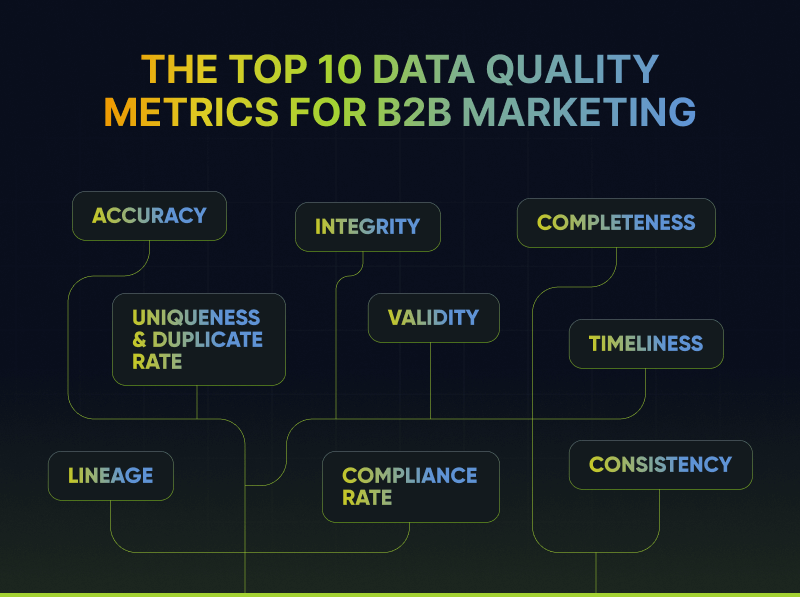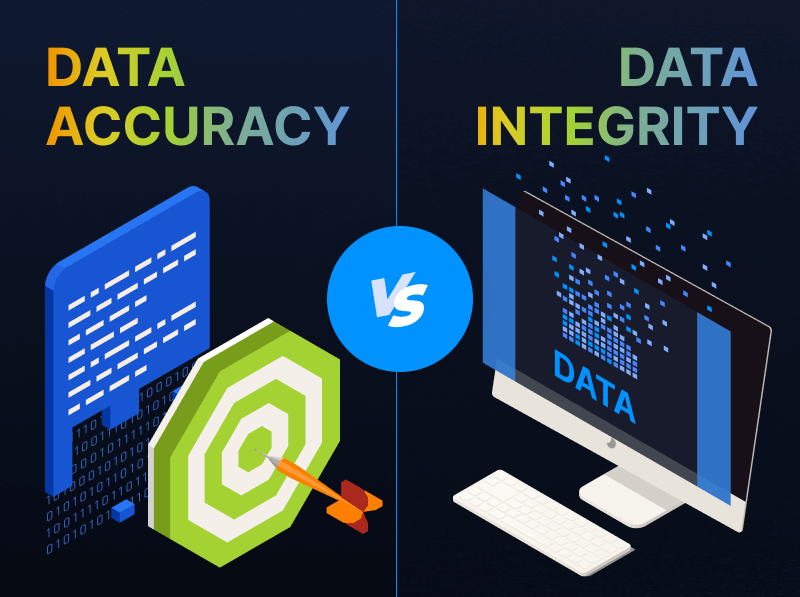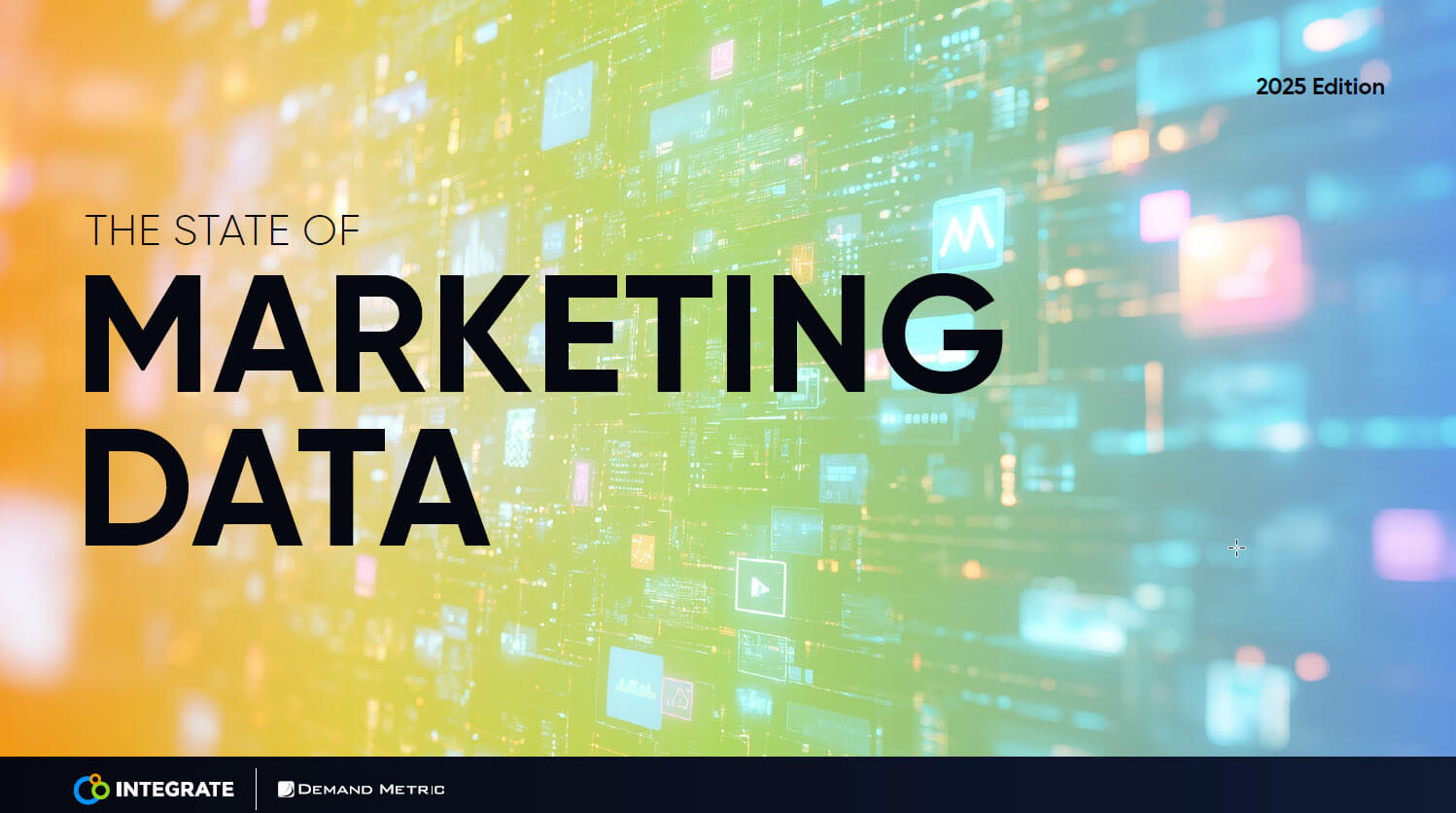Is It Time to Stop Using a Badge Scanner at Trade Shows?
For many trade show exhibitors, the way they collect leads – and the tools they use to do so – hasn’t changed in more than 20 years. But technology, and the rest of the world, has moved on. Now GDPR has come into force, it’s changed the way businesses can use people’s data. So if your business is still using badge scanners and lead retrieval devices at trade shows, you should consider whether this process still works for your company.
The impact of GDPR on badge scanners
GDPR has changed the way trade show organisers collect personal information from attendees. Now, when someone registers to attend an event, they need to opt-in to their personal contact details being shared with exhibitors. This is essential for your post-show communications and follow-up; however, under the new regulations, the attendee can choose whether they want that, or not. Crucially, it can’t be mandatory for the attendee to say ‘yes’ to follow-up communications.
Put simply: it’s possible for someone to register for and attend a trade show, but withhold consent for the exhibiting companies to contact them afterwards.
What this means for trade show visitors
On the surface, it looks like withholding consent is a clever way to avoid the flood of generic, impersonal follow-up emails that come your way in the weeks after a trade show.
However, if the attendee opts-out of follow-up emails before the event, but then has a really useful, informative conversation with an exhibitor, they can end up missing out. Because once the event is underway, and the badge scanners have been set-up and handed out to all the exhibitors, it’s near-impossible for an attendee to change their mind and opt-in.
What this means for exhibitors
For exhibitors, this makes trade shows extremely complicated. Now, it’s impossible to tell whether the attendee you’re speaking to has consented to follow-up communication, or not. You could spend twenty minutes at your busy stand, having a really great conversation with a prospect, but when you get your badge scan data through after the event, find their contact details aren’t there.
If you’ve been using organizer-owned badge scanners for lead retrieval for the past ten years (or more), you’re probably thinking ‘Seems unlikely – I’ll take the risk’.
But in the past – before GDPR – we’ve spoken to lots of people who admitted that they go out of their way to avoid follow-up emails from trade shows. They register for events using a personal or a throwaway email address. They mistype their contact details. They deliberately leave form fields blank.
We know the lead data that comes back from badge scanners is full of holes, more often than not. Now attendees can register for an event and withhold consent for further communication – more easily than ever.
If you’re an exhibitor at a trade show who’s relying on badge scanners for lead capture, it’s likely you’ll find more holes in your badge scan data than ever before.
Is it really worth continuing to use this outdated tech, on devices you’re paying extra to rent, to get poor-quality contact data that you can’t use?
Don’t miss out on valuable event leads
Using badge scanners to collect leads at trade shows and events puts you at risk of missing out, and losing good-fit business leads.
Maybe it’s time to stop relying on organizer-owned data that you get second-hand, several days after the event. Consider adopting alternative lead capture methods, where you collect opt-in consent yourself from the attendees, and your own data.
That way, you can focus on having better conversations, and collecting better contact data and key, qualifying information, so you collect better-quality event leads.
Click here to watch back our webinar to see how top marketers succeed at Event Lead Management.
